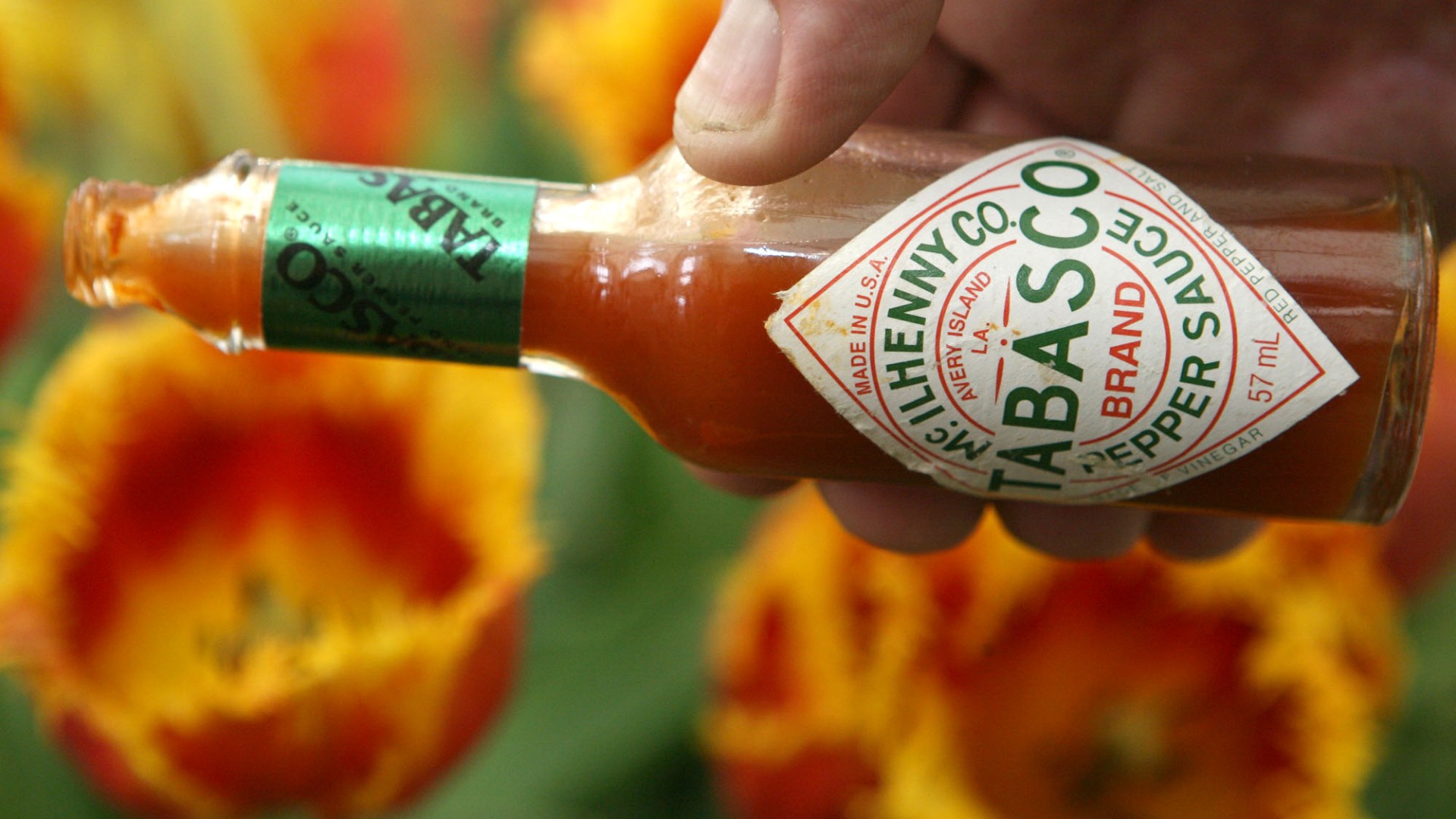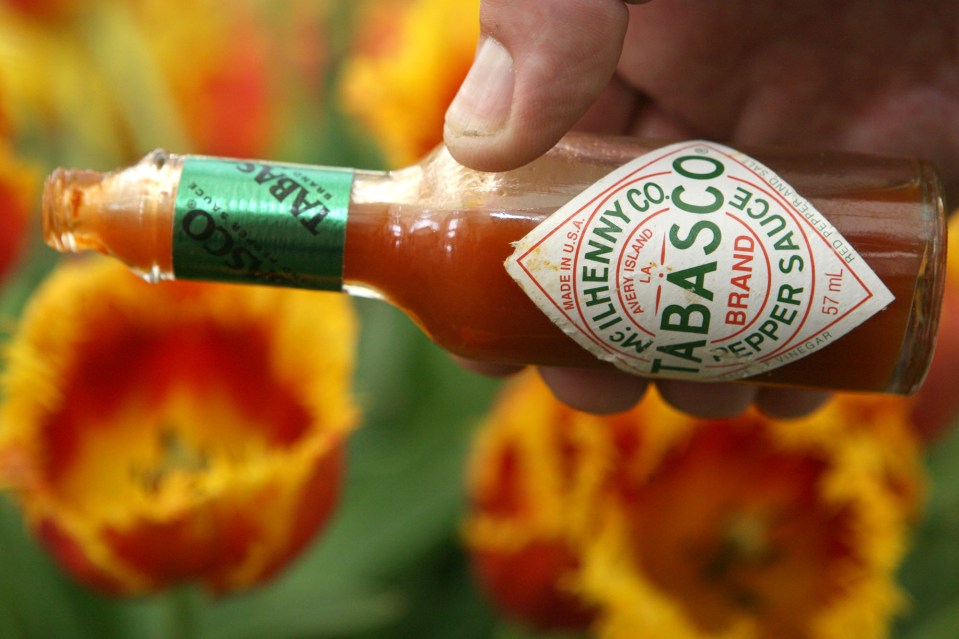Gardeners urged to place Tabasco in their plots in October


GARDENERS are urged to put Tabasco in their gardens in October for a rather surprising reason.
With temperatures dropping, now is a good time to help local wildlife as food supplies dwindle.
Birds in particular are at risk of starvation due to declining numbers of insects.
According to the Express, insect populations have declined by as much as 80 percent over the past two decades due to habitat loss and climate change.
While leaving food for birds can be very helpful, it can be difficult to prevent foxes and squirrels from stealing the food that contains our hot sauce.
The RSPB explains: “Strong chilli powder or pepper sauce (such as Tabasco) can be shaken onto bird food.
“Birds are not bothered by the chili, but most squirrels cannot tolerate the burning sensation and leave the food alone.”
When it comes to what food to distribute, the RSPB suggests: “a good mix of peanuts, seeds and live foods such as mealworms and waxworms.”
“Fruit, especially bruised apples and pears, will be popular with thrushes and blackbirds.
“Household leftovers such as pastries, cooked rice and breadcrumbs should only be offered occasionally in small quantities.”
It is also important to include hydration stations in the garden.
The RSPB advises that when choosing a bird table, wood may look beautiful, but metal, plastic and polycarbonate are easier to clean.
The smoother and straighter the post, the harder it is for cats and squirrels to climb on it.
Finally, remember that all bird nests and eggs are protected by the Wildlife & Countryside Act 1981.
It is illegal to deliberately damage or destroy the nest of a wild bird while it is in use or under construction, or to take or destroy their eggs.
So before you start pruning, check that no birds are breeding.
KEEP IT CLEAN
Bird Feeding Experts Finches Friend’s top tips for preventing the spread of disease include:
- Keep food dry – Birdseed that is exposed to rain and becomes wet is a more suitable environment for disease transmission.
- Birds don’t wash their feet! Don’t let them walk through their food. Dirty feet spread feces and therefore diseases.
- Wash water stations weekly – dirty, stagnant water increases the risk of disease transmission. Avoid birdbaths made of clay, cement or corroded iron as these can contaminate the water.
- Garden Hygiene – Scrub tables and feeders with a weak bleach solution, and clean the areas around and under your feeders and tables, wearing gloves and emptying any old food.
- Give several feeding stations to reduce the number of birds in one place. Rotate the position to minimize feces and food waste in the areas below.





